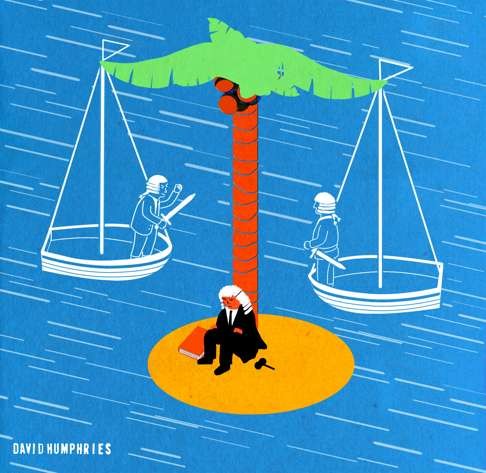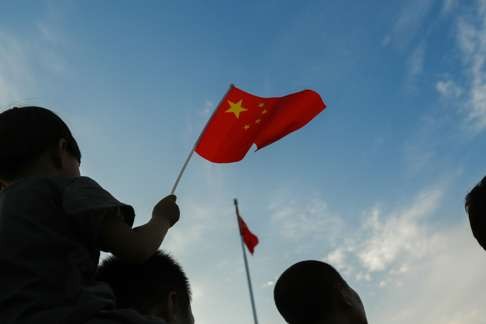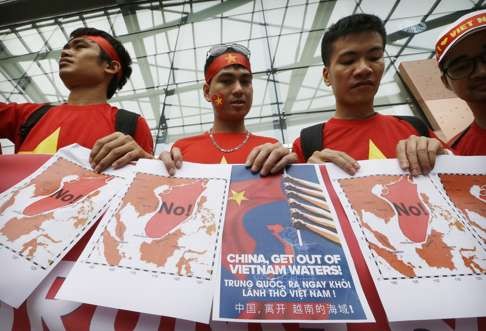On South China Sea disputes, politicians should step up where legal scholars have failed
Daniel Fung says maritime territorial disputes that are full of historical baggage cry out for a diplomatic solution, as any attempt at a resolution through arbitration – as The Hague tribunal tried – will necessarily fall short


Attempts to establish an international legal regime to govern the seas and oceans reached an apogee with the advent of the Law of the Sea treaty in 1982, to which China acceded in 1996 but which the US singularly refused to ratify. Not that such minor detail in any way inhibits American criticism of China’s stance while simultaneously ignoring the inconvenient truth of the US’ own failed challenge in 1986 to the jurisdiction of the International Court of Justice to determine the legality of American military support for the Contras to topple the Sandinista regime in Nicaragua. America would neither participate in the litigation initiated by Nicaragua, nor abide by the court’s ultimate decision in favour of that nation.

China against the world: A tale of pride and prejudice
No doubt China bears some responsibility for the one-sided nature of the Western narrative since it chose ill-advisedly to cede public forensic space to those of an opposing point of view, and is therefore the author of its own misfortune.
This default outcome does not, however, absolve the global community from addressing the real question – is Western punditry correct? Is China at the end of an agonising two centuries of partially failed modernisation, condemned to be a rising power chafing under constraints imposed by a pre-existing order and failing to rise to the challenge? Is China fated to be a rogue state just like Wilhelmine Germany? Or might such a sense of Hegelian determinism be premature?
History casts doubt on the validity of the Western narrative and suggests that the issues raised by the Philippines are so freighted with historical baggage as to render them non-justiciable. In other words, such issues are unsuitable for determination by arbitration, much as in a comparable domestic context, the judiciary declines to adjudicate on matters touching on defence and national security, deferring to the nuanced political judgment of the executive branch of government.

